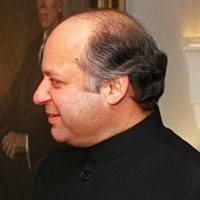
Japanese Prime Minister Shinzo Abe recently visited Istanbul to mark the opening of the Marmaray, a mammoth tunneling project connecting Europe with Asia beneath the waters of the Bosphorus. Constructed at a cost of more than $4 billion, the project is an iconic example of Prime Minister Recep Tayyip Erdogan’s grand vision for Turkey. More ambitious still is Erdogan’s plan to build an extensive nuclear power program, virtually overnight, in a country that currently has no nuclear power plants. The prime minister hopes to have two nuclear power plants, with four reactors each, online in time for the Turkish Republic’s […]



